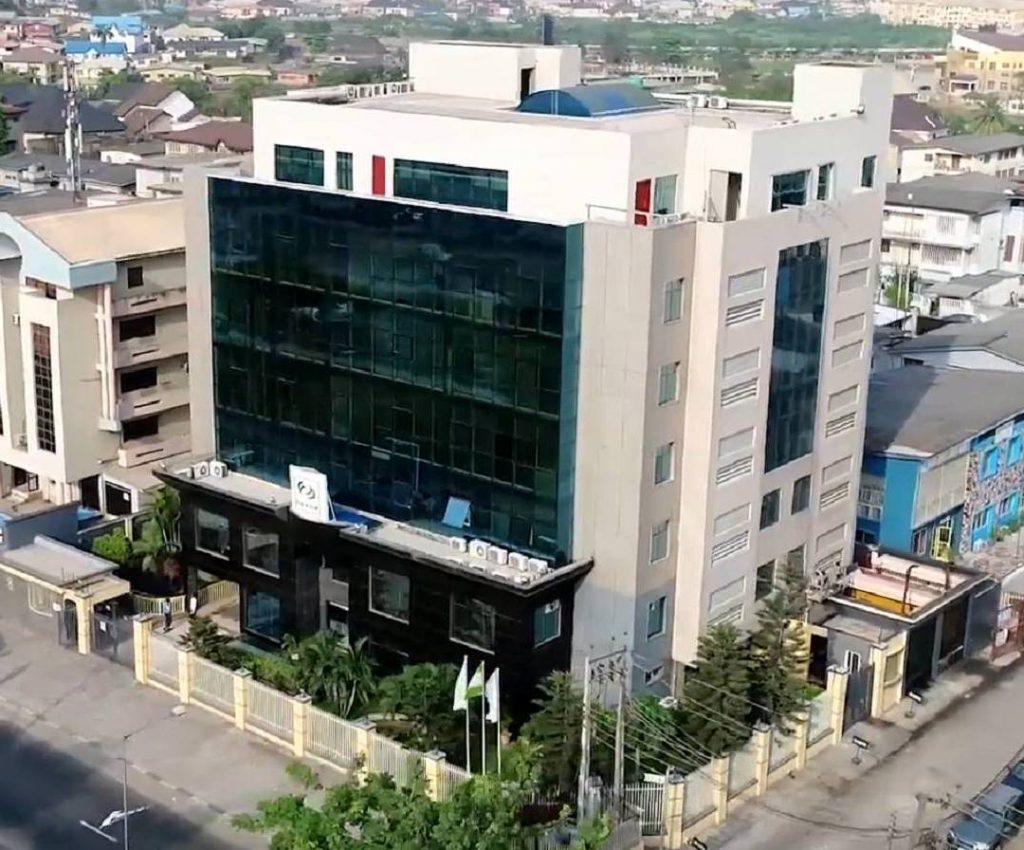Glaucoma, known as the “silent thief of sight,” is a group of eye conditions stealthily eroding vision, often without early warning signs. This insidious disease can lead to irreversible vision loss, making early detection and treatment crucial.
The primary culprit in glaucoma is usually an increase in intraocular pressure (IOP), which can damage the optic nerve responsible for transmitting images to the brain. However, glaucoma can also occur with normal IOP, making regular comprehensive eye exams essential for everyone, especially those over 40 or with a family history of the disease.
One of the most challenging aspects of glaucoma is its subtlety. In its early stages, it rarely causes pain or noticeable vision loss, leading many to remain unaware of the condition until significant damage has occurred. This lack of symptoms underscores the importance of regular eye screenings, as early detection is key to preserving vision.

Treatment for glaucoma typically focuses on lowering IOP to prevent further damage to the optic nerve. This can be achieved through various means, including eye drops, oral medications, laser treatment, or surgery, depending on the severity and type of glaucoma.
Lifestyle changes can also play a role in managing glaucoma. Regular exercise, maintaining a healthy weight, and avoiding excessive caffeine can help control eye pressure. Additionally, protecting the eyes from injury and limiting steroid use, which can increase eye pressure, are important preventive measures.







